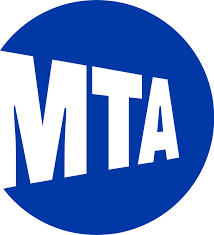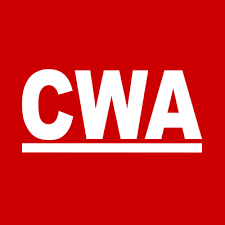March 10, 2011
By John Pietaro
Cleveland, OH: In the months before the embattled atmosphere over Wisconsin descended upon its working people, several veteran labor activists, Donna DeWitt, Jerry Gordon and Mark Dudzic among them, saw the urgency mounting. Reaching out to other established leaders, including Bill Fletcher (who, regrettably was instrumental in planning but unable to make the meeting itself) they began to conceptualize an “Emergency Labor Meeting”, a core gathering of union troublemakers.
This began the daunting task of building a new, far more radical front in the ranks of labor: “to explore together what we can do to mount a more militant and robust fight back campaign to defend the interests of working people”. In that period highlighted by burgeoning unemployment, alarming foreclosure rates, startling municipal budget cuts, and increasingly anti-worker noise from the Right they could hardly have known that a rather revolutionary upsurge was destined for middle America.
South Carolina’s labor boss Donna DeWitt called on the militants in her reach, a lot that is more numerous and loud than we northerners have come to expect. One of them was Russell Bannan, currently an AFT organizing director in Colorado but with roots firmly planted in Southern labor. Barron reached out to this writer with an almost insistent invitation to join this growing alliance planning to meet in Cleveland, March 4th to 6th. This young old friend drove a hard bargain which included the possibility of my leading the group in labor songs. “Oh damn, Cleveland”, I thought. I still had bad memories of a frozen, mandatory ten-day assignment there when I was employed in a political action assignment a few years ago by 1199 SEIU. But, still, I considered that this would probably end up being one of those events I would seriously regret missing. And okay, these days I am back home in the warmth of another progressive NYC union, AFSCME DC 1707, where I’d worked for some years in the past. No, there would be no trouble getting out to Cleveland. There was no reason not to go…. “But brother”, Russell clarified, “right now let’s keep this quiet. We are being very careful in the early stages of this it’s a small select group of activists coming together to lay a foundation for what’s to come. We cannot go public till there’s a secure start”. These were not the easiest times to forge a militant labor arm, even before Madison erupted.
WITH WISCONSIN NOW GLARINGLY PRESENT and conservative politicians everywhere talking trash about public employees, I boarded a jet out of JFK. The steering committee had reserved Cleveland’s Laborers Hall for our conference, one adorned with banners celebrating the various craft locals which were the building blocks of this union over the past century and a half. It all seemed quite symbolic of our hopes to grow a movement, or at least plant the seeds for same. For me, far from idealistic anymore but in need of something, Emergency Labor’s call to rekindle the radicalism of the 1930s couldn’t be more relevant now.
As the attendees filed into the hall, down in front was a smallish, unassuming woman struggling with a flip chart. It was Donna DeWitt. Taking the time to look up and smile even in the last minute crush of preparation, the nickname given her by some in her circle, “Mother DeWitt” seemed to make perfect sense. After offering a warm greeting and accepting my offer to help with some of the presentation set-up, Donna called the meeting to order. The room filled.
Fraternal gestures aside, the agenda was serious, the meeting itself quite the experiment. A bottom up conference designed not to establish a manifesto but to create an outline and principles to bring back to the members of our various unions in this emergent atmosphere. This was to be no partisan frolic. Madison was in the forefront of all of our thoughts, as were the other battle ground sites. Welcoming remark by Harriet Applegate, Executive Secretary of Ohio’s Northern Shore AFL-CIO, dropped fanfare for fact. She informed the group that her state’s public workers were facing a challenge not unlike that of their Wisconsin sisters and brothers, including a bill which sought to take bargaining rights. Here was one more area in which public employees had become the object of scorn instead of the financial greed meisters who’d created the recession we now struggle through.



